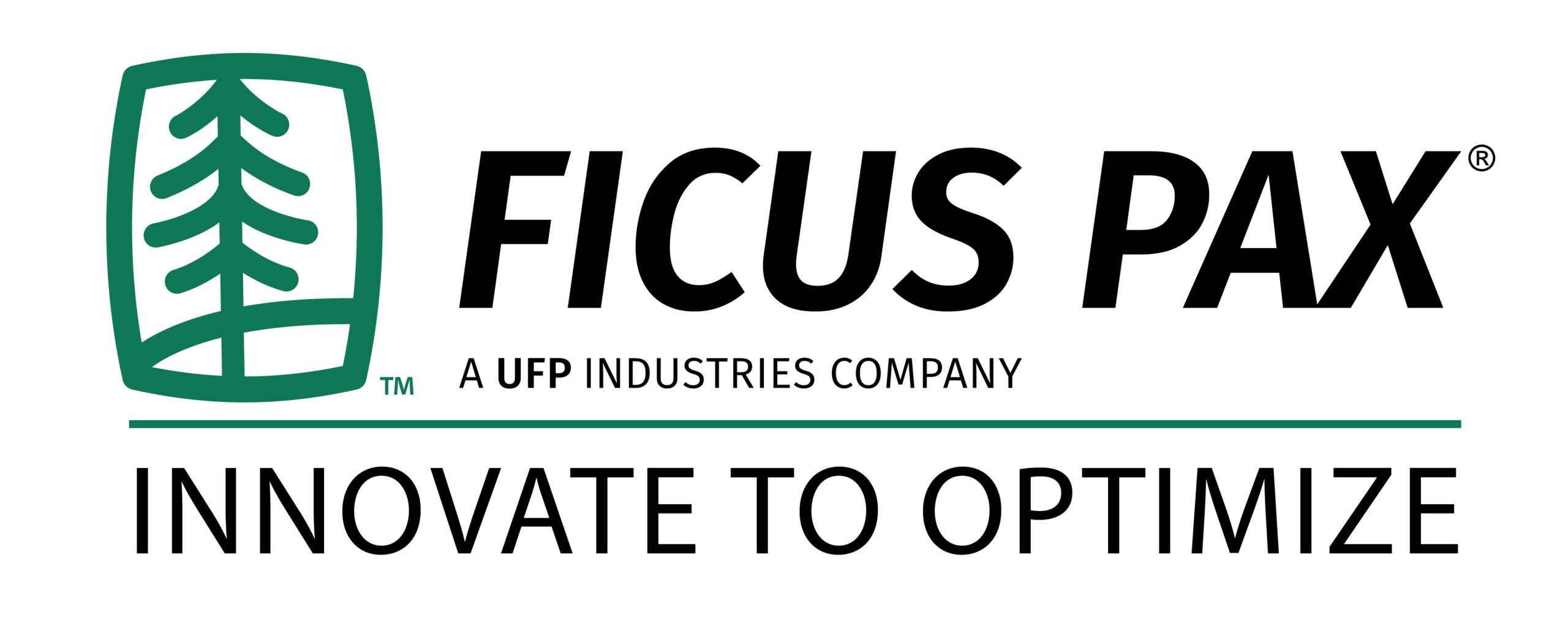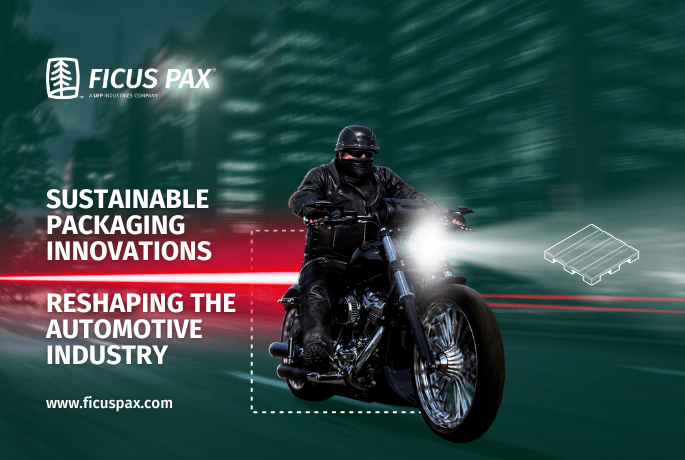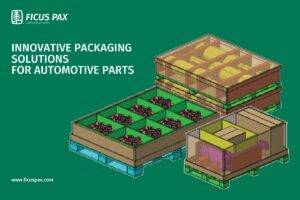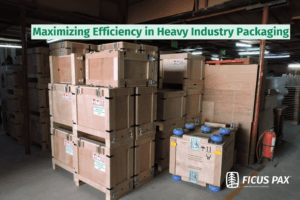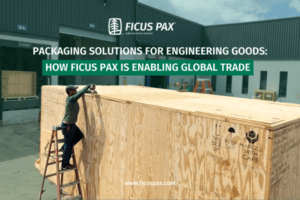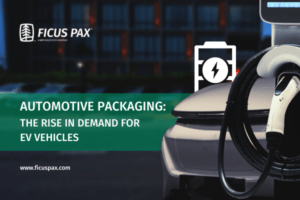The automotive industry has been making great strides towards sustainability in recent years, with many manufacturers implementing new technologies and processes to reduce their environmental impact. One area that has been gaining particular attention is sustainable packaging.
Sustainable packaging solutions in the automotive industry refers to the use of materials and processes that minimize waste and reduce the industry’s carbon footprint. This includes everything from the materials used to package automotive parts and components to the logistics and transportation of those materials.
One of the primary reasons for the push towards sustainable packaging solutions in the automotive industry is the sheer volume of materials involved. Auto manufacturers use a wide variety of materials to produce their vehicles, from metals and plastics to glass and rubber. These materials must be packaged and transported to assembly plants, which can result in a significant amount of waste and greenhouse gas emissions.
To combat this, many automotive manufacturers are now turning to sustainable packaging materials and processes. One example is the use of reusable packaging, such as metal or plastic containers, instead of single-use packaging materials like cardboard or plastic wrap. This reduces waste and can save on costs in the long run.
Sustainable packaging solutions refers to the use of materials and processes that have minimal impact on the environment. It includes designing packaging that is recyclable, biodegradable or made from renewable resources. In recent years, the automotive industry has adopted several sustainable packaging material innovations that are reshaping the way they do business.
Here are some of the sustainable packaging innovations that are transforming the automotive industry:
Biodegradable packaging materials
Many automakers are now using biodegradable packaging materials, such as starch-based plastics, mushroom-based materials, and cellulose-based materials. These materials break down naturally in the environment, reducing the amount of waste generated by the automotive industry.
Recyclable packaging materials
Another popular sustainable packaging solution is the use of recyclable materials, such as cardboard and paper. Automakers are increasingly using these materials to package their products, reducing their reliance on non-recyclable plastics and other materials that are harmful to the environment.
Reusable packaging
Some automakers are adopting reusable packaging, such as plastic crates and pallets, which can be used multiple times. This reduces the need for single-use packaging and helps to minimize waste.
Optimized packaging
Automakers are also focusing on optimizing their packaging to reduce the amount of material used while still protecting their products during shipping. This approach reduces waste and minimizes the environmental impact of the industry.
Sustainable logistics
In addition to sustainable packaging materials, automakers are also adopting sustainable logistics practices, such as reducing transportation emissions and optimizing shipping routes to minimize the environmental impact of their operations.
The adoption of sustainable packaging solutions in the automotive industry is not only good for the environment but also the bottom line. By reducing waste and adopting sustainable practices, automakers can save money on materials and shipping costs, while also enhancing their brand reputation with environmentally conscious consumers.
Another approach is to use sustainable materials in the packaging itself. For example, some manufacturers are exploring the use of bioplastics, which are made from renewable materials like corn or sugarcane, rather than traditional petroleum-based plastics. Bioplastics are biodegradable and can be recycled, reducing the environmental impact of packaging. In addition to the materials used, the logistics and transportation of automotive parts and components are also being optimized for sustainability. This includes the use of more efficient shipping methods, such as rail or sea transportation, which can reduce greenhouse gas emissions compared to traditional trucking.
Auto manufacturers are also exploring innovative new technologies, such as electric vehicles or hydrogen-powered vehicles, to reduce the environmental impact of transportation in the industry.
Sustainable packaging solutions in the automotive industry is an important step towards reducing waste and minimizing the industry’s carbon footprint. With a focus on innovative materials and processes, as well as more efficient transportation methods, the industry is poised to make significant strides towards sustainability in the coming years.
Conclusion
In conclusion, sustainable packaging solutions are transforming the automotive industry and helping to drive the transition toward a more sustainable future. By adopting biodegradable and recyclable materials, reusable packaging, optimized packaging, and sustainable logistics practices, automakers can reduce their environmental impact and remain competitive in a rapidly changing world. As consumers continue to demand more sustainable products, it is clear that sustainable packaging materials are here to stay.
When you consider the impact that sustainable practices have on the automotive industry and how much even a small change can make in the long run, it should inspire the industry to follow the best practices and materials to reduce carbon footprints for the foreseeable future. We thrive towards following the same.
For over a decade, Ficus Pax has assisted leading brands of all sizes in making data-driven sustainability decisions. If you want to learn more about custom packaging solutions, Contact us today!
